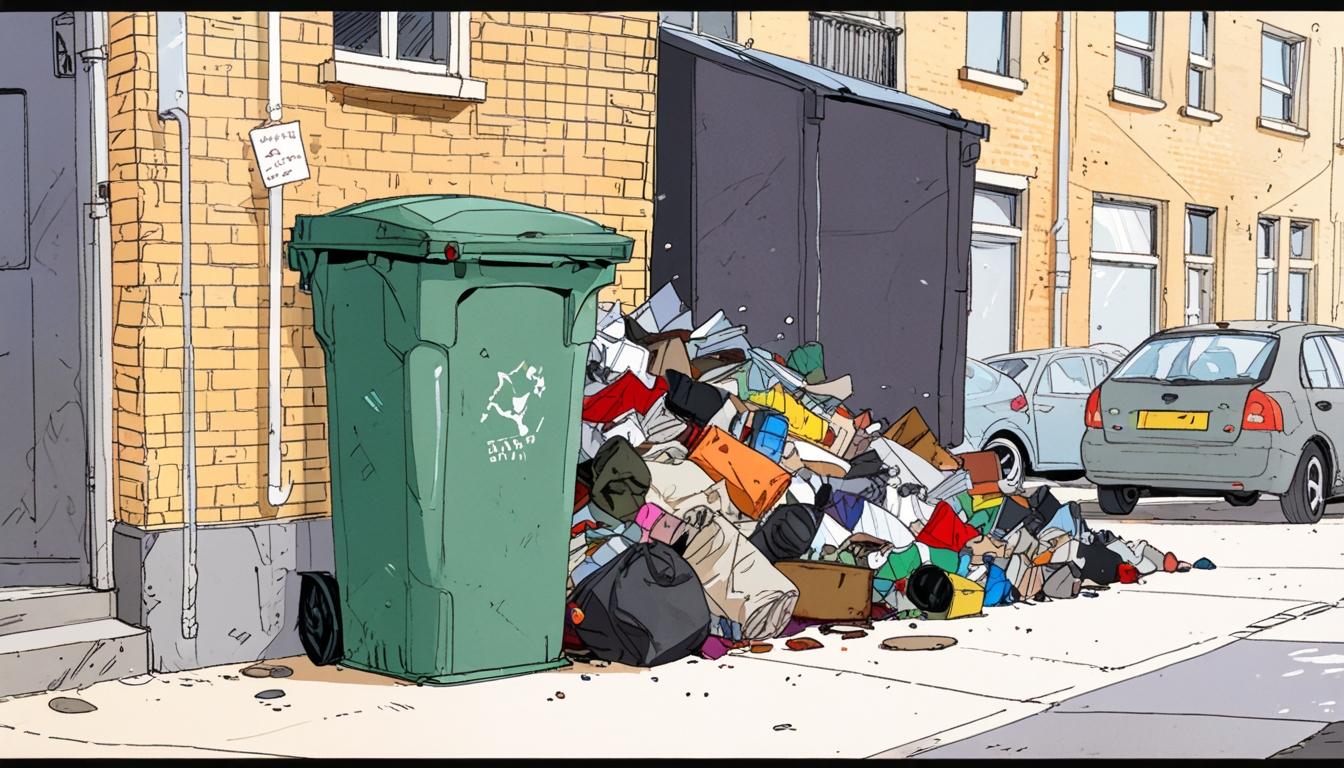On 1 May, during a segment on Good Morning Britain, a heated debate unfolded between hosts Susanna Reid and Ed Balls concerning the escalating issue of fly-tipping in England. The discussion was prompted by recent ministerial warnings highlighting a significant increase in fly-tipping incidents, which have reportedly reached over 1.1 million annually.
As Reid introduced the topic, she emphasised the need for practical solutions to the problem, suggesting that the availability of street bins could help mitigate littering, particularly near schools where children often generate waste after visiting shops. "I don’t mind if they put it in my bin," Reid asserted, advocating for a community-driven approach to waste disposal.
However, Balls expressed strong opposition to Reid's proposal, questioning the feasibility of having two bins—one for household use and another for public disposal. "You wouldn’t let [people] come onto your property and put rubbish in your bin," he contended, underscoring concerns about the responsibility of managing public and private waste.
The conversation escalated as Reid expressed confusion over Balls’ disagreement, saying, "I’m really confused why this is a debate." The tension between the two hosts became palpable, drawing attention from viewers, with many commenting on social media platforms about the unexpected intensity of the exchange.
In attempts to address the rising trend of fly-tipping, government officials are proposing new measures to enforce stricter penalties. Notably, individuals caught fly-tipping may face the seizure and crushing of their vehicles, a response aimed at deterring illegal dumping. There are plans to utilise drones and mobile CCTV to monitor and identify offenders more effectively.
In addition to vehicle penalties, the new legislation proposes severe consequences for those engaged in illegal waste transportation and disposal, with potential prison sentences of up to five years. To alleviate the financial burden on taxpayers, offenders will also be required to cover the costs associated with having their vehicles destroyed.
This conversation comes amidst wider societal concerns about environmental responsibility and urban cleanliness, as local authorities grapple with the challenges posed by waste management. The ongoing discourse reflects differing perspectives on how best to tackle the issue, which continues to garner significant public interest.
Source: Noah Wire Services
